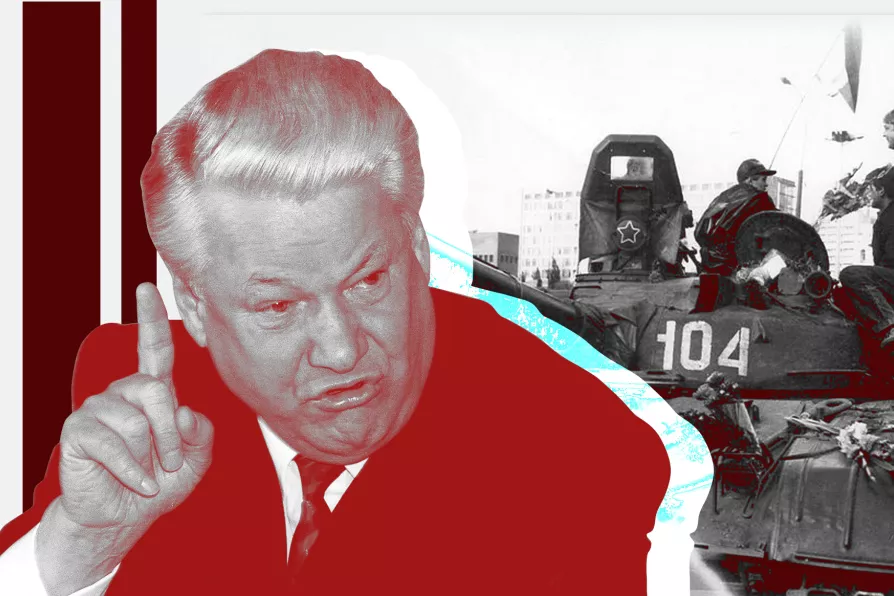The PM says Mandelson 'betrayed our values' – but ministers and advisers flock to line their pockets with corporate cash, says SOLOMON HUGHES

 Boris Yeltsin (main pic) and tanks assembled in Red Square in Moscow, 1991
Boris Yeltsin (main pic) and tanks assembled in Red Square in Moscow, 1991
THIRTY years ago today, Mikhail Gorbachev resigned as general secretary of the Communist Party of the Soviet Union (CPSU) and Ukraine’s parliament ended that country’s status as a member of the Union of Soviet Socialist Republics.
It was the beginning of the end of the Soviet Union.
Five days earlier, a faction in the CPSU leadership had revolted against president Gorbachev’s plans to sign a new union treaty to replace the federal but politically centralised Soviet Union.

Speaking to a CND meeting in Cambridge this week, SIMON BRIGNELL traced how the alliance’s anti-communist machinery broke unions, diverted vital funds from public services, and turned workers into cannon fodder for profit

As Britain marks 80 years since defeating fascism, it finds itself in a proxy war against Russia over Ukraine — DANIEL POWELL examines Churchill’s secret plan to attack our Soviet allies in 1945 and traces how Nato expansion, a Western-backed coup and neo-nazi activism contributed to todays' devastating conflict

As Moscow celebrates the 80th anniversary of the Nazi defeat without Western allies in attendance, the EU even sanctions nations choosing to attend, revealing how completely the USSR's sacrifice of 27 million lives has been erased, argues KATE CLARK












